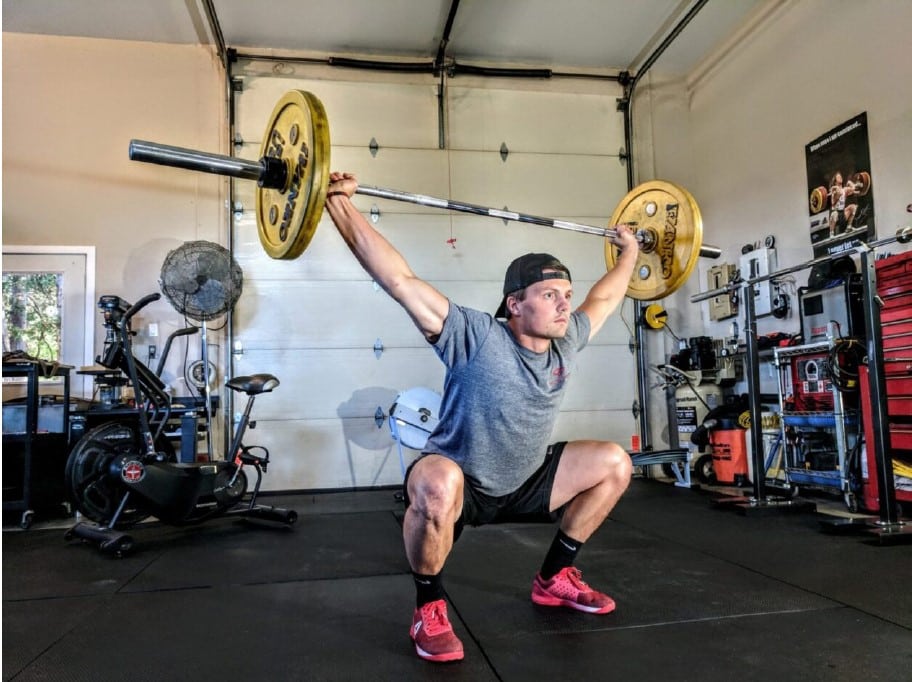Exercise science has exploded over the last decade and so have exercise supplements. One of the most popular supplements taken after a workout is protein. Protein is one of the most important substances in your body to promote good health. Protein is so important to your body that the Greeks derived the word from the Latin root “proteos” meaning “primary.” Exercise science experts have long known about the role protein plays in your body and how it can be harnessed to help you recover from your workouts. The big debate between experts is how much protein your muscles can absorb.
After a workout, it would make complete logical sense to jam pack your body with as much protein as possible. Afterall, protein synthesis is what ultimately builds and repairs your muscles. When you exercise micro tears in the muscles will develop. The harder you work out, the more micro tears in the muscles you will get. Protein is the number one substance that helps repair these micro tears and make your muscles bigger and stronger. According to an article in Men’s Health Magazine</a href>, “If your muscles receive fewer than 25 grams of protein in a sitting, however, muscle tears brought on by exercise persist due to lack of building materials. So, taking as much protein as possible after a workout is the best option, yes? It may be a little more complicated than we thought. Men’s Health Magazine continues to explain that “if your muscles receive more than 35 grams of protein, they have all the building materials they need, and the protein goes to other parts of your body—or into the toilet.” So, does that mean that the 50-gram protein shakes from GNC or the 10-ounce steak that you ate after your workout is a waste? That isn’t necessarily true as well.
Most exercise experts agree that the magical number of proteins your body needs after a workout is between 25-35 grams. You might be wondering to yourself, if not a protein shake, steak, or milk, what other foods will give me the necessary protein to repair my muscles after a hard workout?
1.)Greek Yogurt: Greek yogurt packs twice as much protein as regular yogurt. If you pair it with berries, it will also combat muscle soreness.
2.)Eggs: One of the best sources of protein. Also jam packed full of essential amino acids that help your body recover after a hard workout.
3.)Quinoa: A vegetable that packs an enormous amount of protein while keeping your stomach satisfied as well as essential amino acids. Holds more fiber than your average grain.
4.)Cottage Cheese: Made from curds of pasteurized cow milk. Excellent source of the protein Casein. Casein digests slower than whey protein, which is better preventing your muscles from breaking down after a workout.
5.)Navy Beans: 15 grams of protein per cup. Very versatile bean that is inexpensive and good for your digestion and your heart.
Depending on the types of workouts and your individual goals, diets will vary from person to person. However, according to Men’s Health “if you’re piling your plate with too much protein, you might be pushing other vital nutrients out of your diet from foods such as vegetables, fruits, healthy fats, and whole grains, that can help with muscle recovery and weight loss.” In other words, eat smart!
Exercise science experts have raved about the role protein plays in recovering from your workout. Protein can be found in a variety of foods as well as synthesized and sold as a supplement and many athletes, coaches, and nutritionist know how valuable it is to the human body. The debate has always been how much protein can my body handle? The safe answer is between 25-35 grams, but depending on your workout goals, body composition, and metabolism the exact number of grams of protein will vary between person to person. The important thing to remember is don’t abuse your protein consumption as it will affect other important nutrients in your diet. Like my father always use to say, “everything is good in moderation.”
Call (858) 255-0367 For Personal Training

